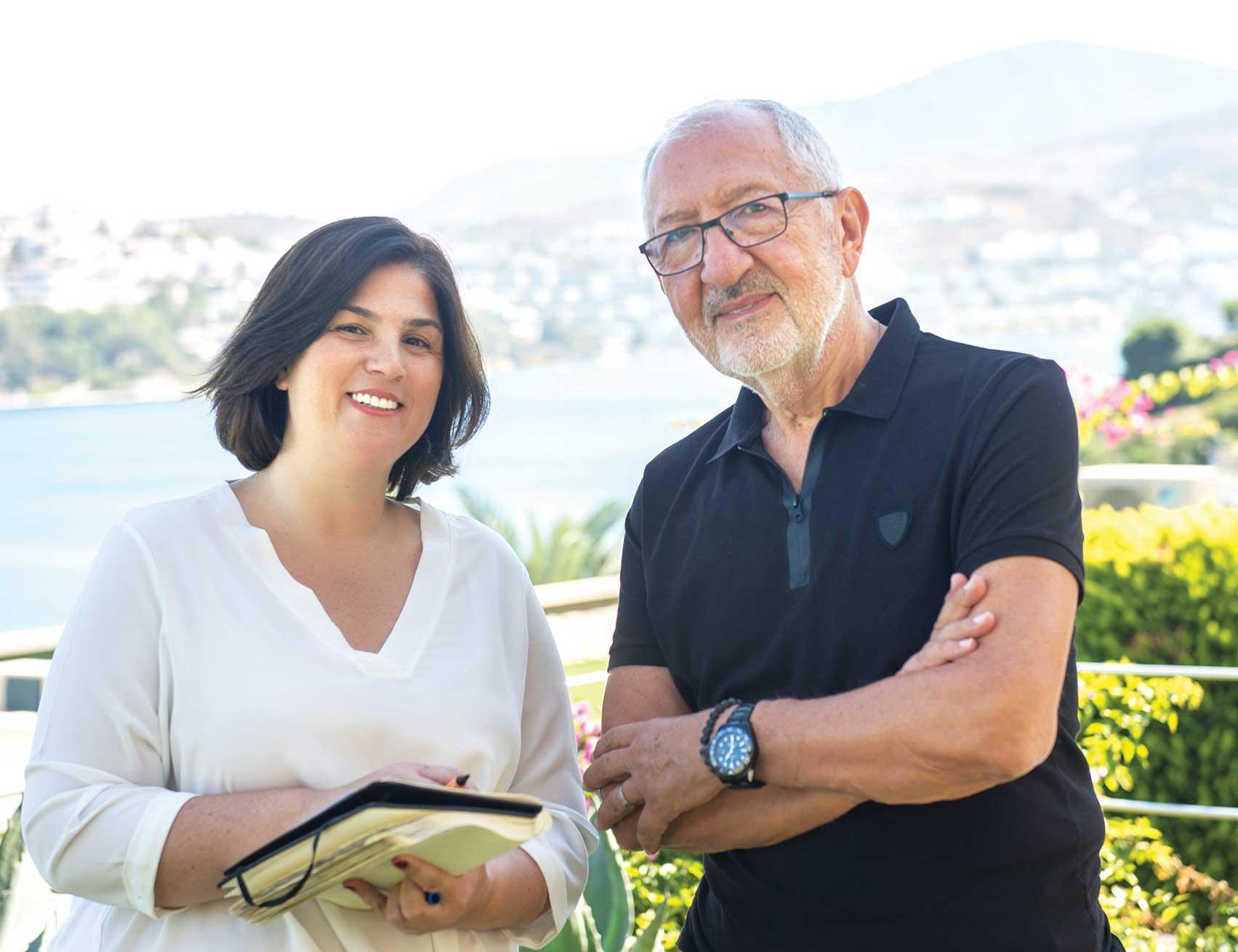
The ongoing diplomatic crisis between the United States and Turkey is “deeper and more complicated” than any previous crises between them, former National Intelligence Agency (MIT) chief Sönmez Köksal has said, stressing that the tension is “more than just a visa suspension problem.”
“When the process that led to the crisis, its triggering factors, and its possible objectives are examined, it can be said that the current issue is unprecedented and has deeper and more complex characteristics than the previous crises,” Köksal told daily Hürriyet on Oct. 15.
He said diplomatic crises between during the Cold War and the Turkish Parliament’s rejection of permission for the U.S. army’s use of Turkish territory during the invasion of Iraq to overthrow Saddam Hussein “mostly stayed at the discourse level.”
“It was difficult for those discourses to turn into real action in that period and there weren’t any persistent attempts at the time,” said Köksal, who also once served as Turkey’s ambassador to Iraq.
“Despite all crises, Turkey has never before opened up to debate its membership of the West, or in a broad sense the Atlantic community, apart from at the level of discourse,” he added.
Köksal referred to the Gezi Park protests of 2013 as a breaking point, when the Ankara government started to suspect the intentions of “the West.” He said this process became “progressively concentrated” after the July 2016 military coup attempt.
Topuz’s arrest is a last stroke
The arrest of U.S. Consulate staff member Metin Topuz is what led to the mutual visa suspension moves of the two countries, but Köksal said it was “just the last stroke.”
He also referred to the presence in the U.S. of Islamic preacher Fethullah Gülen and his close circles, believed to be the mastermind of the coup attempt, as well as the “arrest of Turkish citizens,” apparently referring to Iranian-Turkish businessman Reza Zarrab. For Washington, the arrest of American pastor Andrew Brunson as well as Topuz has become an issue, amid suspicion in the U.S. that the Turkish government is attempting to carry out diplomatic bargaining through arrests.
“Whatever the reason might be, this unprecedented measure that directly victimizes Turkish citizens has created a new fraction in our relations, which was already on insecure and fragile ground,” Köksal said.
“The most important way to reach an understanding for a normalization in relations is to clear the way on a technical level. Otherwise, it is difficult for nice words exchange by leaders to become reality as they may stumble on technical problems in countries like the U.S. where institutions are strong,” he added.
Gülenist infiltration of MİT
Answering question concerning the infiltration of the Fethullahist Terrorist Organization (FETÖ) into state institutions and criticisms of the MİT for failing to detect such moves, Köksal said the MİT has been “the most successful of all state institutions in keeping itself away from FETÖ.”
“The infiltration of [FETÖ members] into the MİT was only a recent thing. Before that, the MİT was able to keep itself pure. Fortunately, the FETÖ group in the MİT was excluded within a short period of time” he said.
“They should have been under surveillance for all of their lives as counter-espionage targets on the grounds that they could carry out secret activities against the state, or work for other intelligence services,” Köksal added.
Before 1998, when he left his position as MİT undersecretary, it was “clean of FETÖ,” he claimed.
“Up until then, FETÖ activities had been closely surveilled. But when the political authority stopped considering FETÖ as a threat, the organization had to end its relations with sources it had cultivated after much effort,” Köksal said, stressing that collecting intelligence about such organizations necessitates lengthy efforts.
“It is not fair to accuse the MİT of not being able to collect intelligence about FETÖ in a short period of time after it was re-declared as a threat,” he added.
‘Weakening Barzani would strengthen the PKK’
Commenting on the Kurdistan Regional Government’s (KRG) recent bid to declare itself independent from Iraq, and Ankara’s fierce objection to an independent state on its border, Köksal said the issue should be “tackled with caution.”
“Weakening [KRG President Masoud] Barzani too much in northern Iraq would only play into the hands of the [outlawed Kurdistan Workers’ Party] PKK. The PKK’s ideology, which is built on class-based ideology rather than tribal relations, could find fertile ground if economic problems worsen in northern Iraq over time,” he added.